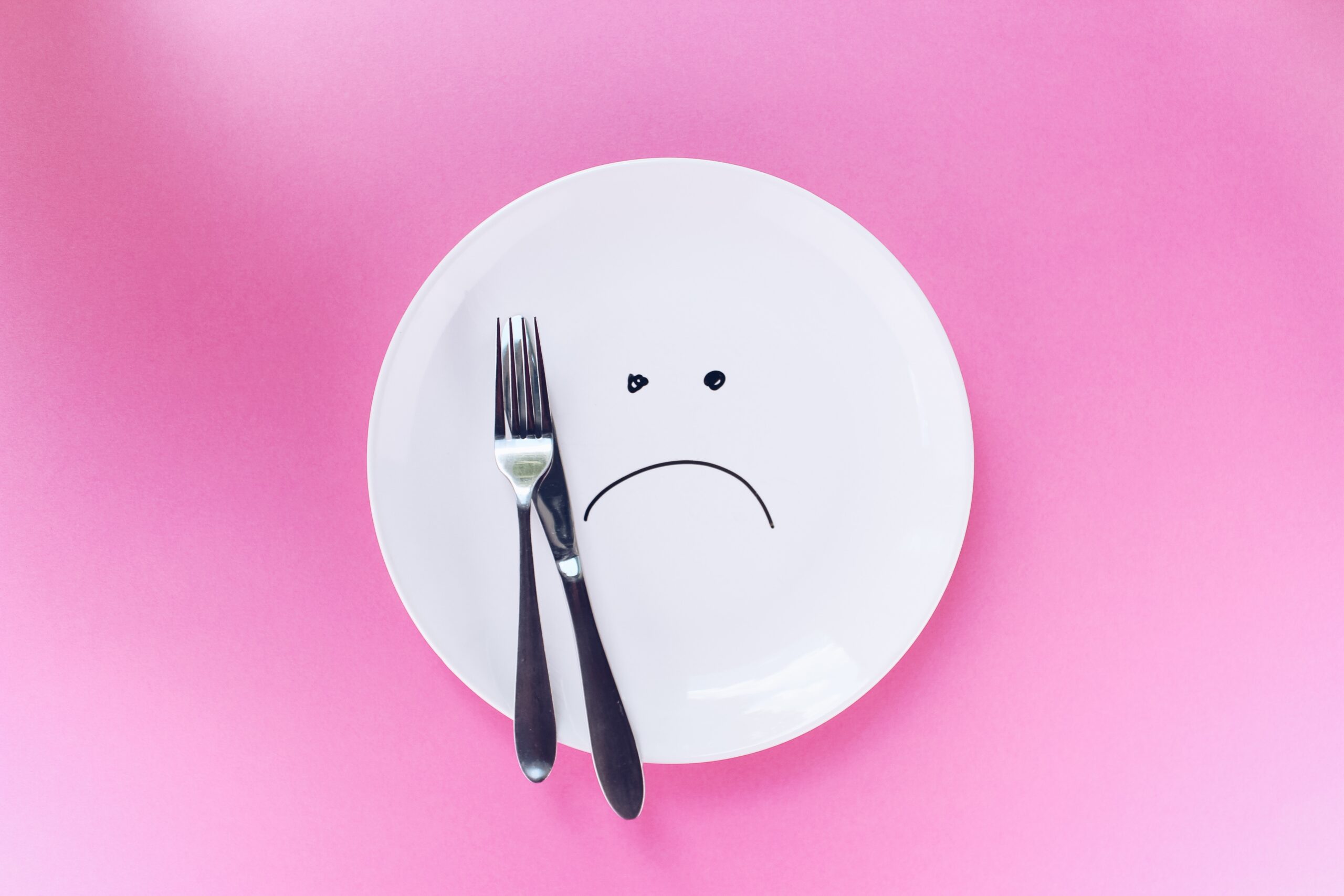
20 Mar Are You Affected By Chronic Positivity?
Posted at 21:12h
in Psychology
Chronic positivity is a problem
Happiness is made of fleeting moments of joy that pepper our lives and that we love to share and indulge in. We loosely toss the term around when expressing our current state of mind, treating it like a feeling that we should feel constantly.
But we’re not always happy. Sometimes we’re negative and feeling gloomy, and these are feelings that we’re less likely to express or share with others.
The problem with feeling negative
It’s already hard enough to express our negative feelings openly, it makes us uncomfortable as we’re afraid of “bumming” others out.
In American culture there’s almost a repulsion towards negativity, once you’re labeled “that guy” who brings a negative vibe, people stay away.
So we’re forced to be positive. All the time.
“How’s it going?”
“Great!” “Awesome!” “Couldn’t be better!”
It could be better, of course.
When someone says something remotely negative, they immediately realize it and add—“excuse me for being so negative”.
Why?
I myself feel like I’ve lost the ability to wallow in sadness, disappointment, or any negative emotion without worrying that I will bum people out. This has also sapped my ability to embrace these negative feelings and see them for what they are, just passing emotions.
When someone asks how I am, I rarely answer something other than “great” or “good”. It almost feels unnatural to answer “not good” as I can imagine the other person’s face petrify as they scramble internally to find the right answer.
We just don’t know how to deal with it.
Modern society’s obsession with positivity
Modern society is saturated by a multi-billion-dollar industry that pushes positive thinking as a way of life. It has given birth to an array of books, podcasts, movies, and motivational speakers that swear by the miracles of positive thoughts.
Eat dark chocolate!
Meditate!
Omega-3s!
Exercise!
Drink lots of water!
These are all great methods for combating the sporadic fleeting bad thought.
A positive attitude can definitely help us tackle the hardest days in life and support us in overcoming the highest obstacles. But it’s also important to realize negative emotions are a normal part of life and we should treat them as such. In fact, they contribute to our personal growth and making us feel, well, more human.
If we have had no negative emotions at all, how can we expect to deal with life’s future adversities?
Even worse, repulsion to negativity bars us from empathizing with a loved one who is suffering. We’re not equipped with the tools to handle negative emotions, so we leave them to deal with their hardships alone. So, in the absence of a solid support network, this person may turn to drugs, alcohol, or destructive behavior.
When people feel overly negative and have the resources to afford it, they turn to therapy. Therapy is a safe place where they learn to acknowledge and put into words a whole spectrum of emotions. As a teenager I also went to therapy, I remember feeling shame and guilt over being negative and expressing my anger or sadness about my problems. I felt like I needed to be upbeat all the time and that these problematic emotions were holding me back from living my best life.
Going to therapy definitely helped surface a lot of issues affecting me at the time and provided me with the tools to work through those issues. When I’m not seeing a mental health expert, it’s up to me to know how to face my new “adult” concerns alone.
Modern culture pushes an exaggerated view of positive thinking. It has gone as far as seeing the glass as half-full even when it’s lying on the floor in pieces. Trying to will it into shifting back into place. We blindly believe the concept that one only has to think a thing or desire it to make it happen for it to take place, even when it cannot. And this skewed mentality is spreading.
The overwhelming focus on being positive is destructive. Both on a personal level, as people see negative emotions as abnormal and detrimental, and on a professional level. In the office, we skewed the meaning of being a “team player” into being overly positive and grateful, avoiding any sort of criticism. Virtually powerless and always eager to please our managers. They feed us the notion that positive thinking offers us power and control over our minds — in a form of mass delusion if you will.
Positive thoughts and feelings are beneficial but shouldn’t be forced. They can be incompatible with the rollercoaster of complex and difficult situations that make up life.
Negative emotions can be important signals that something needs our attention. It could as a health problem, a bad relationship, or another important issue.
Embrace the negativity
Instead of shooing away negative emotions, embrace them. Take some time to figure out what you are feeling and why, without rushing to change your emotional state. It may be helpful to imagine the bad feelings as floating clouds, hanging around for a while until they pass, ushered out by a gust of joy.
Also, find someone to talk to about the negative emotions. It may bring a sense of closure and provide a different perspective to see things through. If you continue suffering, speak to a specialist or take stronger action, such as eliminating a toxic person from your life or switching jobs.
For lighter days in which you just woke up on the wrong side of the bed, check out my article on some Natural Remedies for a Bad Mood.
Whatever it is, feeling bad is OK. We all do sometimes. It’s time to normalize feeling sad, disappointed, frustrated, pessimistic, blue, discouraged, and so on. Instead, see these emotions as an opportunity to explore a more human and vulnerable side of yourself, a side that needs nurturing and care.

